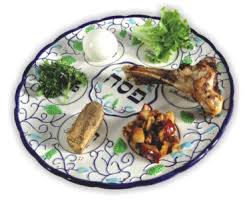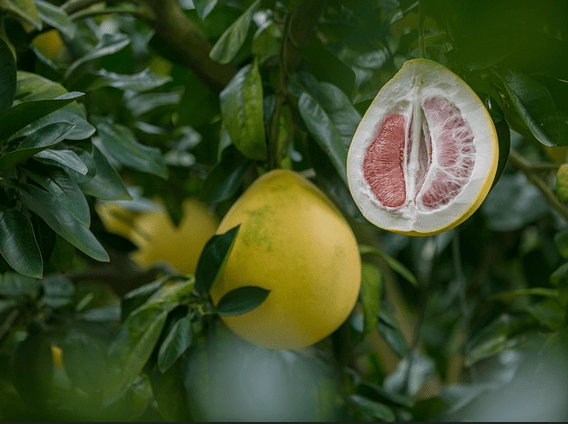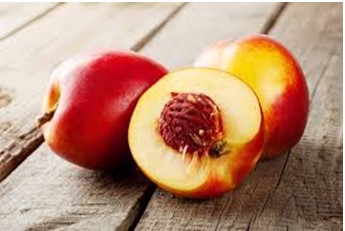Two days ago was the glorious Seder night.
The grand finale of all the difficult preparation work, arranging the house, eradicating the chametz (and also some renovations and shopping of new accessories and decorations, correspondent with the spring and bloom outside). The last crumbs were removed, delicious dishes were set on the table and in the center was the Seder Plate.
The little ones sat around excited and anticipating the afikoman, and the older ones ready to go through four cups of wine and many Haggadah pages. The central plate was inspected that everything is in place – the charoset, the chicken wing, the egg and the maror, which is lettuce.
The maror is bitter herbs which is, of course, a friendly reminder of the bitter lives our forefathers had in the land of Egypt, while building pyramids for the enslaving tyrant Pharaoh. And even if the lettuce is not so bitter, and sometimes even sweet (depending on the season and the specie of lettuce) we are still happy to add it to the Seder.
Not only we love lettuce (who does not fight over the lettuce pieces soaked in lemon juice at the bottom of the salad bowl?), also our stubborn hosts whom we fled to the desert to wander for 40 years, the Egyptians, greatly appreciated lettuce. Not only did they appreciate it, they presented it as a gift to their favorite gods, Horus and Seth. In Karnak they even dedicated the lettuce to one God in particular – the god “Min”, out of belief that it is a source of increased drive and power.
The Romans claimed that the white milk-like substance that is secreted from the lettuce leaves (this is also the origin of its name in English) contains substances that act similar to opium, and recommend eating lettuce after a good meal, to guarantee a good sleep. I know people who eat lots of lettuce and never encountered an Opium feeling in their plate. Perhaps a few things changed since the Roman Empire when it comes to lettuce.
Lettuce is a crop that appreciates stability and does not like surprises. Originally, it prefers cold and rainy weather in which it can comfortably spread it leaves and pleasantly photosynthesize. But it only appers calm, because under all the green relaxing foliage, it is on constant alert. It always maintains vigilance. The moment it feels that the conditions are beginning to change towards the July-August heat, it immediately responds by growing a tall stalk from which the seeds for the next generation are conceived.
The lettuce, an expert regarding the weather in our region, knows that once it gets hot, it will not be long before it is too hot, and it prefers not to be around when that happens, but to invest all its plant energies in creating good, fertile seeds that will safely wait until the next cool season, to pleasurably spread its wide leaves. Here in Israel we are used to eating the leaves while the stem is a side effect with no contribution to our plate, but in Asia, for instance, lettuces are grown for their stems (similar to the types of beets that are grown for their bulb/root and those that are grown for the leaves…).
Organic lettuce is rich in excellent nutrients: vitamin K, antioxidants, lots of folic acid that improve the vision, strengthen the immune system and do good for both skin and heart – and all packaged with very few calories.
Enjoy your lettuce, and have a happy and healthy Passover!
Yours,
The garden team
We can expect to receive in our organic vegetable baskets (draft only):
Cucumbers
Tomatoes
Carrots
Potatoes
Onions
Parsley
Lettuce
Spinach
Celery
In the LARGE vegetable baskets also:
Beets
Cabbage
Cilantro
In the organic fruit baskets:
Oranges
Bananas
Sweetie
In the LARGE fruit baskets also:
Clementine
Red grapefruit











